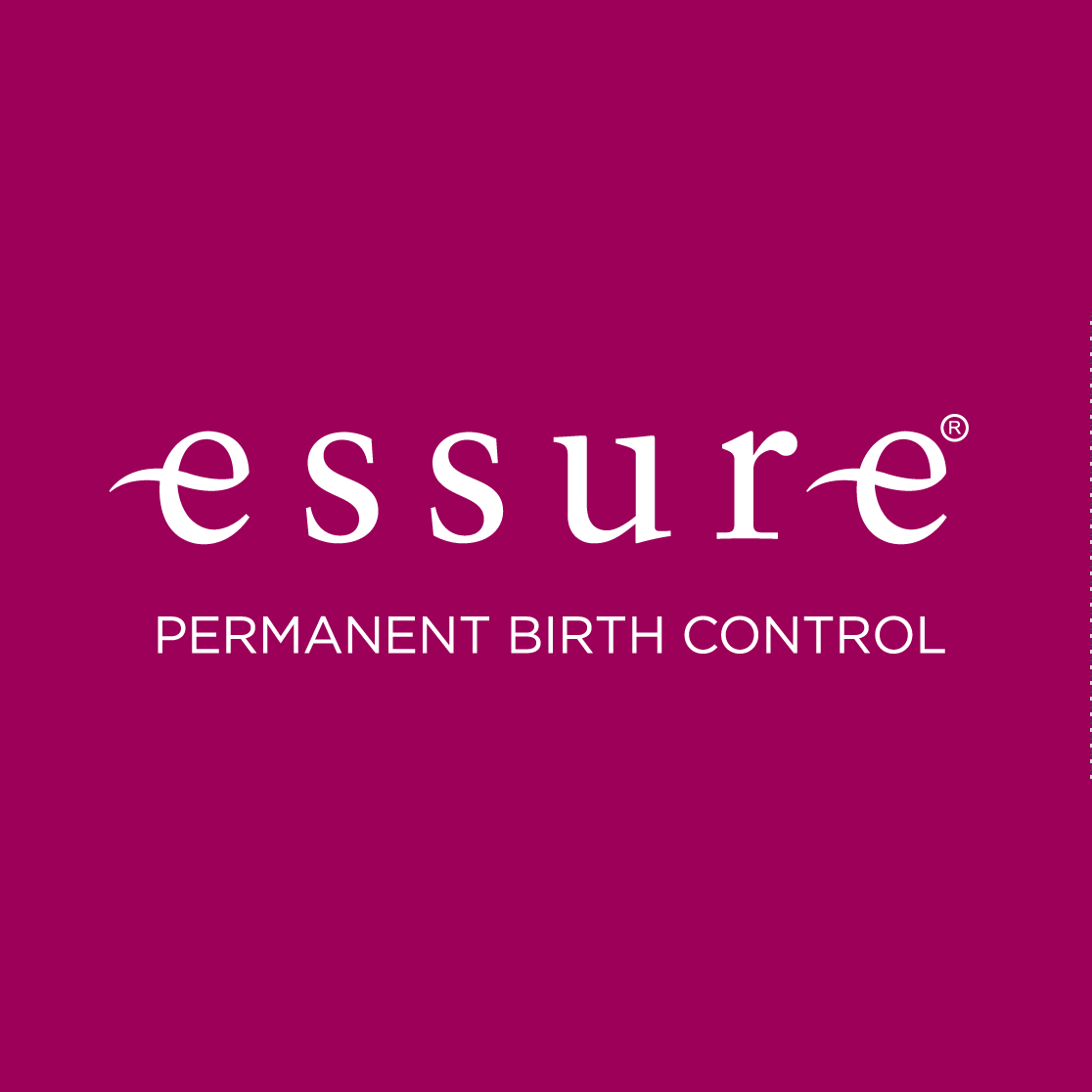Were You Distressed After Your Child Suffered a Birth Injury?
Distressed mothers who have experienced birth injuries and medical negligence can seek the expertise of an experienced attorney to help them navigate the complex legal process, hold responsible parties accountable, and seek compensation for the physical, emotional, and financial hardships they and their child have endured.

Start My Distressed Mother Claim Now
distressed mother Birth Injury Lawsuit
Distressed mothers who have experienced birth injuries and medical negligence can seek the expertise of an experienced attorney to help them navigate the complex legal process, hold responsible parties accountable, and seek compensation for the physical, emotional, and financial hardships they and their child have endured.
Childbirth is meant to be a joyous occasion, filled with hope and anticipation. However, when medical negligence occurs during pregnancy, labor, or delivery, it can result in birth injuries that have long-lasting consequences for both the child and the mother. There are many different types of birth injuries that can occur as a result of medical malpractice, including distress experienced by mothers in childbirth. To find out whether you are eligible to file a birth injury lawsuit or negligence claim as a result of trauma you experienced before, during, or after delivery, contact our consumer advocates today. We can connect you with a knowledgeable birth injury attorney who can help you understand your legal options.
Understanding Birth Injuries and Their Causes
Birth injuries are physical or psychological damages sustained by a baby during the birthing process. These injuries can be caused by a variety of factors, including medical negligence. Negligence may occur when healthcare providers fail to meet the standard of care expected during pregnancy, labor, or delivery. Some common causes of birth injuries include:
- Failure to monitor the mother and baby during labor, leading to delayed recognition of distress or emergency situations
- Improper use of delivery tools, such as forceps or vacuum extractors, resulting in trauma to the baby’s head or neck
- Medication errors, including prescription of medications known to cause birth defects or incorrect dosages
- Delayed diagnosis or failure to diagnose dangerous conditions before or after birth, leading to preventable complications
- Delayed or improper performance of a cesarean section (C-section) when necessary
It is important to note that not all birth injuries are the result of medical negligence. Some injuries may occur due to natural complications or factors beyond anyone’s control. However, when negligence is a contributing factor, it is crucial to hold healthcare providers accountable for their actions.
The Impact of Birth Trauma on Mothers
Physical Injuries to Mothers
During a complicated or negligent delivery, mothers may suffer physical injuries that can range from minor to severe. Some common physical injuries include:
- Preeclampsia: A condition characterized by high blood pressure during pregnancy that, if left untreated, can cause severe cognitive problems or even maternal and fetal death.
- Complications from cesarean sections: Surgical births can lead to bleeding, infections, and the formation of scar tissue that can complicate future pregnancies.
- Episiotomy complications: Improperly performed episiotomies, a surgical incision made to enlarge the vaginal opening, can result in excessive bleeding, infection, or nerve injury.
- Anesthesia complications: Improper administration or monitoring of anesthesia during labor can have serious side effects on a mother’s blood pressure, heart rate, and oxygen levels.
These physical injuries can cause significant pain, discomfort, and long-term complications for mothers, affecting their ability to care for themselves and their newborns.
Emotional and Mental Distress Experienced by Mothers
In addition to physical injuries, mothers may also suffer from emotional and mental distress as a result of birth trauma. The intense pain, fear, and loss of control experienced during a difficult childbirth can lead to various psychological conditions, including:
- Post-Traumatic Stress Disorder (PTSD): Mothers may develop PTSD as a result of a traumatic birth experience, leading to intrusive thoughts, nightmares, and anxiety.
- Postpartum Depression: Hormonal changes, physical exhaustion, and the challenges of caring for a newborn can contribute to the development of postpartum depression, which can significantly impact a mother’s ability to function and bond with her baby.
- Anxiety: Mothers may experience heightened levels of anxiety, worrying about their own health, their baby’s well-being, or the potential for future births.
These emotional and mental distresses can be debilitating, affecting a mother’s overall quality of life and ability to care for herself and her child.
Types of Birth Injuries and Their Consequences
Cerebral Palsy
Cerebral palsy is a neurological disorder characterized by muscle stiffness, weakness, and impaired motor function. It is often caused by damage to the brain during pregnancy, labor, or delivery. Negligence during childbirth, such as oxygen deprivation or trauma to the baby’s brain, can lead to cerebral palsy.
Brachial Plexus Injuries
Brachial plexus injuries occur when the nerves in the baby’s upper arm are damaged during delivery. This can result in conditions like Erb’s palsy, which affects the upper arm and shoulder, or Klumpke’s palsy, which affects the lower arm and hand. These injuries can cause loss of function and weakness in the affected areas.
Bone Fractures
Difficult or negligent deliveries can result in broken bones in the baby’s body. While fractures usually heal, improperly treated fractures can lead to long-term complications and impairments.
Shoulder Dystocia
Shoulder dystocia occurs when the baby’s head or shoulder becomes stuck during delivery. This can cause significant trauma to both the baby and the mother. For the baby, it can lead to injuries such as cerebral palsy, brachial plexus injuries, or even brain damage. For the mother, shoulder dystocia can result in hemorrhage, uterine rupture, or other life-threatening conditions.
Hypoxic or Anoxic Brain Injuries
Hypoxic or anoxic brain injuries occur when the baby’s brain is deprived of oxygen during childbirth. This can happen due to negligence, such as failure to monitor vital signs or delays in emergency interventions. Oxygen deprivation can result in brain damage, affecting the child’s physical and cognitive development.
Other Birth Injuries
Other birth injuries caused by medical negligence can include nerve damage, fractures, facial paralysis, and various complications resulting from improper use of forceps or vacuum extractors.
Birth Injury Lawsuits and Negligence Claims
Establishing Medical Negligence
To succeed in a birth injury lawsuit, it is crucial to establish medical negligence. This requires demonstrating that the healthcare provider failed to meet the standard of care expected in similar circumstances. Expert testimony from medical professionals is often necessary to establish this negligence.
Compensation for Damages
Successful birth injury lawsuits can result in compensation for various damages, including:
- Medical expenses: Coverage for past, current, and future medical treatments, therapies, and assistive devices required for the child’s care.
- Pain and suffering: Compensation for the physical and emotional pain endured by the child and the mother.
- Loss of income: Reimbursement for the mother’s lost wages due to her own injuries or the need to care for the injured child.
- Future care costs: Compensation for the ongoing care and support required by the child throughout their life.
- Emotional distress: Compensation for the psychological trauma experienced by the mother and the child due to the birth injury.
Statute of Limitations
It is important to be aware of the statute of limitations, which sets a time limit for filing a birth injury lawsuit. The specific time frame varies by jurisdiction, so it is crucial to consult with an attorney as soon as possible to ensure that your rights are protected.
Seeking Legal Representation
Navigating the legal complexities of a birth injury case can be challenging, especially during a time of emotional distress. It is highly recommended to seek the assistance of an experienced birth injury attorney who specializes in medical malpractice cases. Your attorney can guide you through the legal process, gather evidence, consult with medical experts, and advocate for your rights and the best interests of your child.
Related Topics

Start My Distressed Mother Lawsuit Claim Now

What should you do? If you or your child suffered harm as a result of a birth injury or birth trauma, you should contact a lawyer as soon as possible to discuss filing a lawsuit.
Start Your Claim Now!
Birth injuries caused by medical negligence can have far-reaching consequences for both the child and the mother. Understanding the complexities of birth trauma and the distress experienced by mothers is crucial in seeking justice and healing. By holding healthcare providers accountable for their actions, families can not only secure financial compensation for their losses but also promote safer practices and prevent similar incidents from occurring in the future. If you or your child have experienced a birth injury or birth trauma and are navigating the challenges of taking legal action, it is important to seek the guidance of a compassionate and experienced attorney who will fight for your rights and support you throughout the process. Call our consumer advocates or fill out the form and we can connect you with a knowledgeable birth injury attorney today.
- Fight to Get The Compensation You Deserve
- Experienced Distressed Mother Attorneys Within Reach



